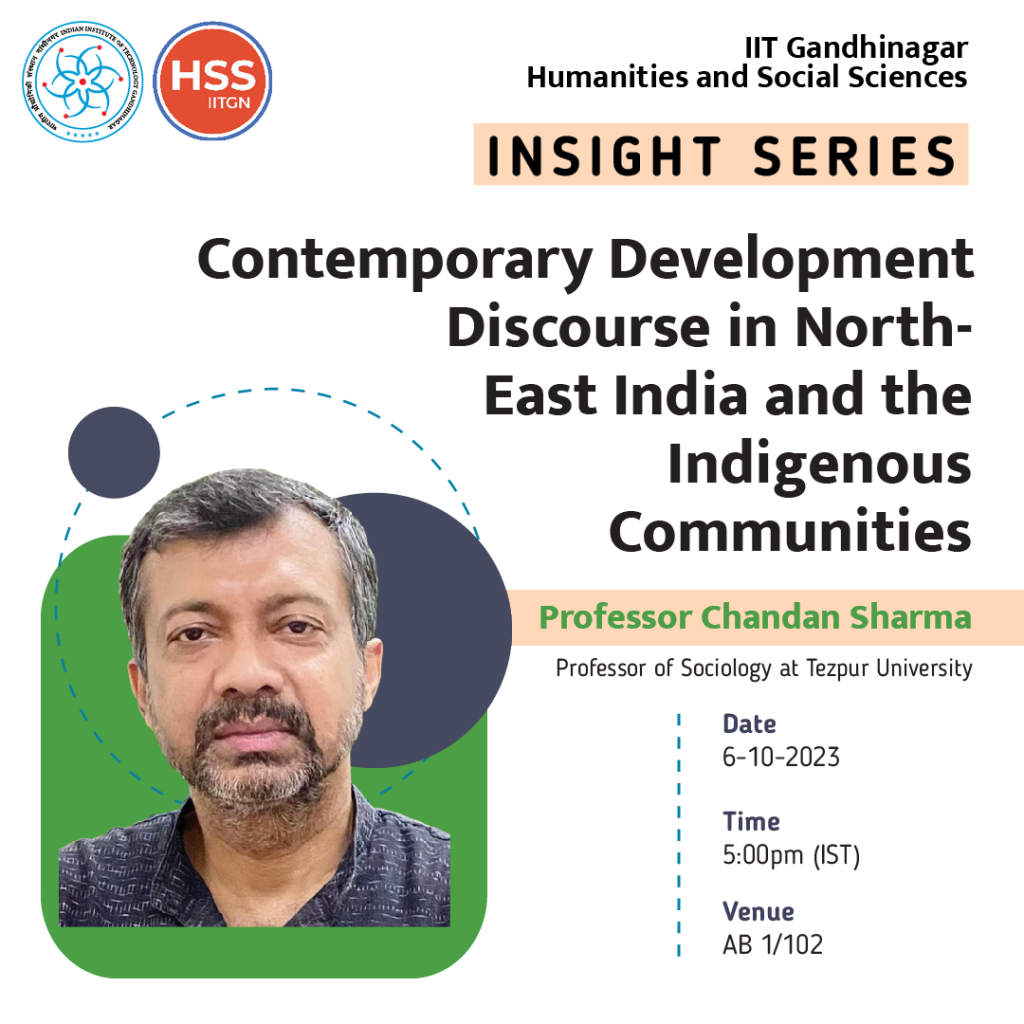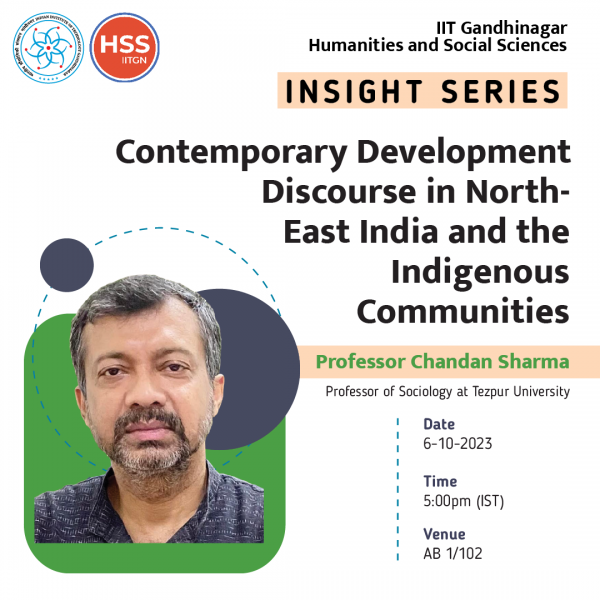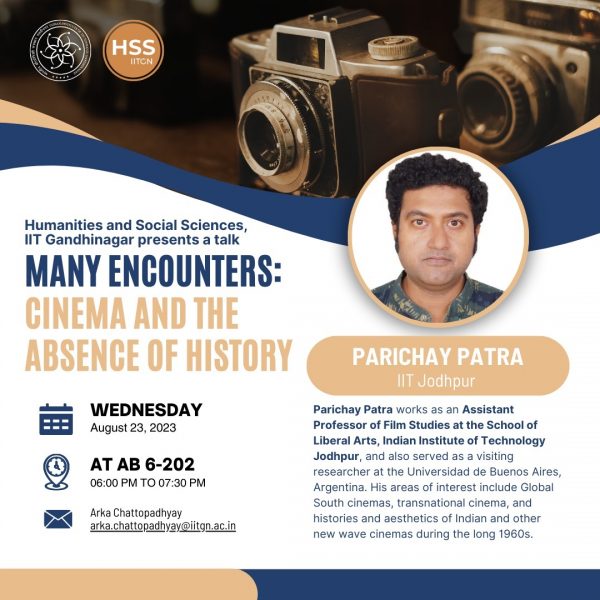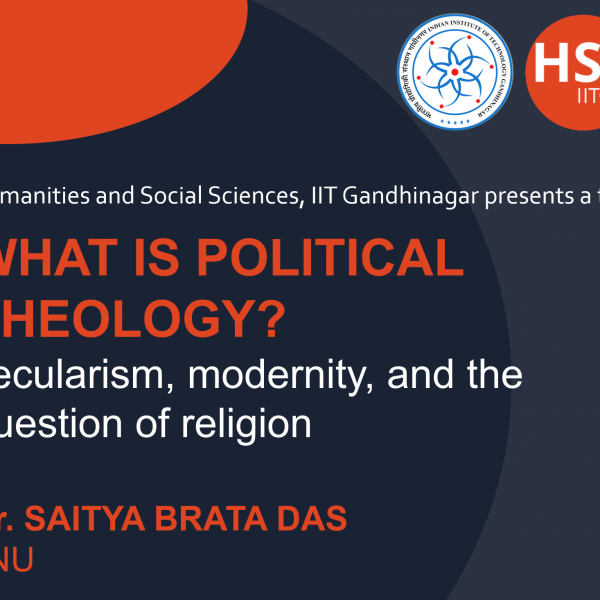Description
Abstract: North-East India, a region characterised by great geo-political and ecological significance, is divided into the plains and the hills and is home to many indigenous/tribal communities which largely depend on natural resource-based livelihoods. Shifting cultivation (jhum) is a dominant traditional system of land use in the hill states and plays a critical role in maintaining agricultural biodiversity and providing food security.
The region came under the ambit of colonial development in the 19th century which left a long-term impact on the natural and social landscapes of the region. After independence, especially after the early 1960s, the hills which remained largely excluded from the process of colonial development, were also brought under the development agenda of the Indian state as part of its state-making process. This process got further accelerated in recent times under the neo-liberal Indian state leading to growing investment in infrastructure often undermining the traditional ecology, land ownership system, livelihood, and culture of the indigenous communities.
Brief Bionote: Chandan Kumar Sharma is a Professor of Sociology at Tezpur University, Assam. As an academic for more than twenty-six years, he has been engaged in teaching, research, and institution-building in different capacities in North-East India. He was also the founder and Head of the Department of Sociology at Tezpur University. Apart from being an academic, he is also engaged with various socio-political issues and civil society movements in the region. As a bilingual author, he has written and commented extensively on the pressing issues in the region both in regional as well as national media. He has published several books and monographs which include Culture Studies: Themes and Perspectives (Tezpur University, 2003), Fixed Borders, Fluid Boundaries: Identity, Resources and Mobility in Northeast India (Routledge, 2020) (co-edited), and Coronasphere: Narratives on COVID-19 from India and its Neighbours (Routledge, 2022) (co-edited).
His essays have been published in journals like EPW, Sociological Bulletin, Postcolonial Studies, and Asian Ethnicity, among many others. Professor Sharma was the founder and Editor of Expressions, the E–Journal of the Indian Sociological Society (2017-2022). He did his B.A. from Cotton College, Guwahati and M.A., M.Phil. and Ph.D. from the Department of Sociology at the Delhi School of Economics, Delhi. He has been a Charles Wallace Visiting Fellow at Queen’s University, Belfast, United Kingdom (2008). He has also been a Visiting Fellow at several Indian universities including the Delhi School of Economics (2014) and Jawaharlal Nehru University (2015). His areas of research interest include development, urbanisation, environment, migration, identity politics, agrarian change, and the society and culture of the North-East.
Date and Time: 6th October 2023, 5:00 P.M. (IST) onwards
Venue: AB 1/102




